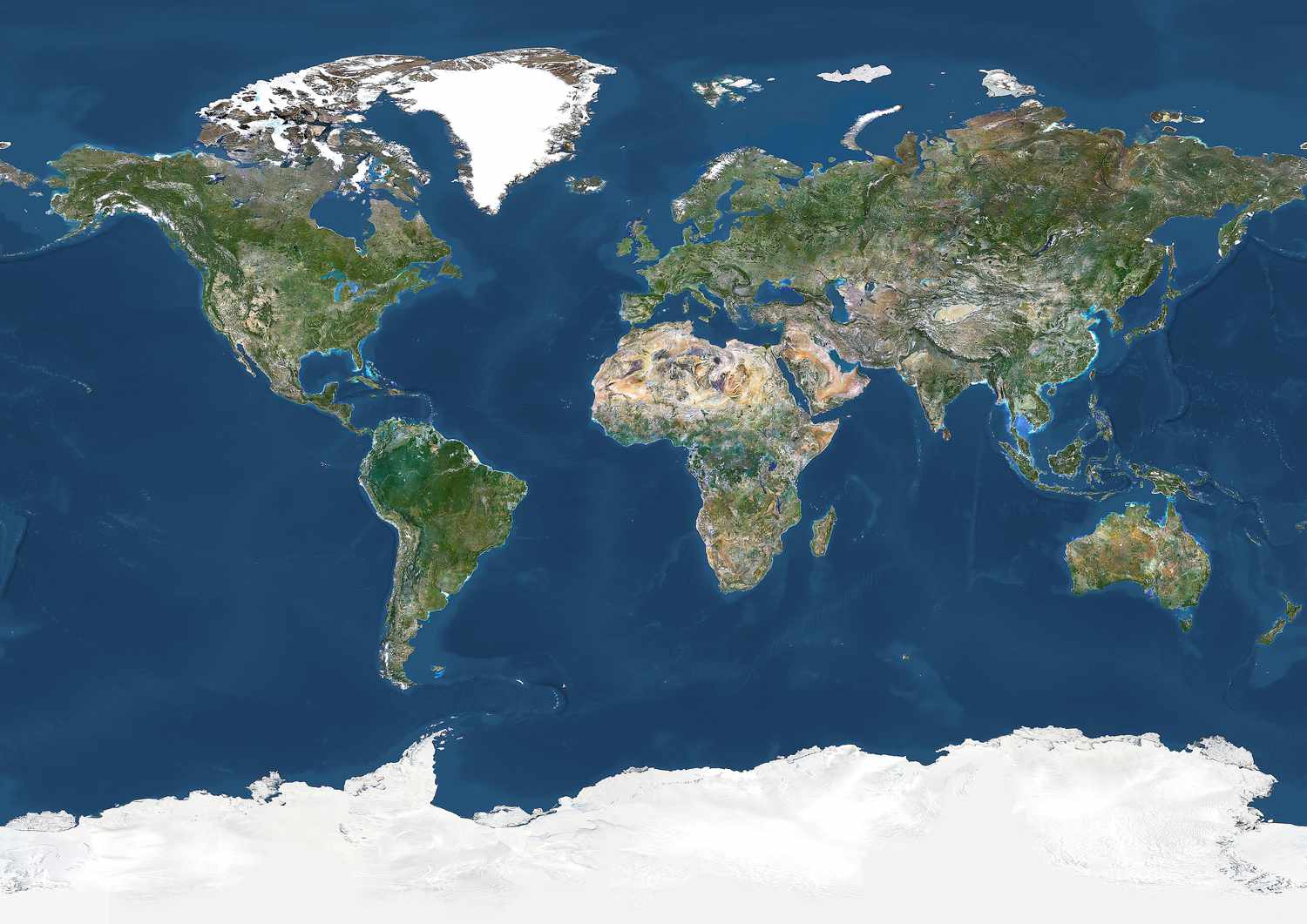A Journey Through the Lands: The Story of Our World
Chapter 1: The Dawn of Civilization
Long ago, when the earth was still young, and the sky painted with endless stars, humans began to gather in small communities. They discovered the rich lands of Mesopotamia, between the Tigris and Euphrates rivers, where they learned to farm and build the first cities. This was the cradle of civilization, where stories of gods and kings were etched into clay tablets, marking the birth of what we now know as Iraq.
To the south, in the land of the Nile, the Egyptians built mighty pyramids that stood as eternal monuments to their pharaohs. They believed in life after death, and so their tombs were filled with treasures for the journey to the afterlife. The Nile was their lifeblood, and it flowed through the heart of Egypt, bringing prosperity to the desert lands.
Chapter 2: The Ancient Empires
As time marched on, empires rose and fell. In the east, the Indus Valley civilization flourished with its well-planned cities, Harappa and Mohenjo-Daro, which would later become part of modern-day India and Pakistan. Farther east, in the land of the Yellow River, the Chinese civilization took root, building great walls and developing a culture rich in philosophy, art, and invention.
In the west, the Greeks and Romans laid the foundations of Western civilization. The Greeks, with their city-states like Athens and Sparta, gave us democracy, philosophy, and the Olympics. The Romans built roads that stretched across Europe, bringing with them law, architecture, and a language that would influence the tongues of many nations.
Chapter 3: The Age of Exploration
Centuries passed, and the world seemed vast and unknown. But brave explorers, driven by curiosity and the promise of riches, set sail into the uncharted waters. Christopher Columbus crossed the Atlantic and stumbled upon the Americas, lands inhabited by mighty civilizations like the Aztecs in Mexico and the Incas in Peru. These lands, rich with gold and culture, were soon to be changed forever by the arrival of Europeans.
In the east, the Silk Road connected China with Europe, allowing the exchange of goods, ideas, and cultures. Marco Polo's tales of the East inspired many to seek the riches of Asia, leading to further exploration and the eventual discovery of sea routes to India by Vasco da Gama.
Chapter 4: The Birth of Nations
As the world became more connected, new nations emerged. The United States declared its independence from Britain in 1776, igniting a spirit of freedom that would spread around the world. The French Revolution soon followed, toppling the monarchy and spreading ideals of liberty, equality, and fraternity across Europe.
In South America, Simón Bolívar led revolutions that freed much of the continent from Spanish rule, giving birth to nations like Venezuela, Colombia, and Bolivia. Far to the south, Argentina and Chile declared their independence as well, shaping the map of the Americas as we know it today.
Chapter 5: The World at War
The 20th century brought both innovation and devastation. Two World Wars reshaped the globe, leading to the fall of empires and the rise of new powers. The horrors of the wars led to the formation of the United Nations, a global organization aimed at maintaining peace and fostering cooperation between countries.
The Cold War divided the world into East and West, with the United States and the Soviet Union emerging as superpowers. This period saw the space race, nuclear arms development, and numerous conflicts in countries like Korea, Vietnam, and Afghanistan, where the global powers vied for influence.
Chapter 6: A Global Community
In the late 20th and early 21st centuries, the world witnessed the fall of the Berlin Wall and the end of the Cold War, leading to the reunification of Germany and the collapse of the Soviet Union. Many nations gained independence, particularly in Africa, where countries like Nigeria, Kenya, and South Africa emerged from colonial rule to chart their own paths.
The world began to embrace globalization, with the rise of the internet connecting people from all corners of the globe. Nations like China and India experienced rapid economic growth, lifting millions out of poverty and transforming the global economy.
Today, the world is a tapestry of nations, each with its own story, culture, and challenges. From the bustling streets of Tokyo to the deserts of Saudi Arabia, from the rainforests of Brazil to the icy expanses of Antarctica, every country contributes to the rich and diverse story of our world.
As we continue our journey through time, the story of our world evolves, shaped by the actions and dreams of its people. Each nation, a chapter in the grand saga of humanity, reminds us of the shared history and common destiny that bind us all together.
Epilogue: The Endless Journey
And so, the story of our world continues. With each generation, new chapters are written, filled with the hopes, struggles, and triumphs of people everywhere. The map of the world may change, but the spirit of exploration, the quest for knowledge, and the desire for peace remain timeless. Our journey through the lands of Earth is far from over, and the future holds countless adventures yet to be discovered.
The Story of Our World







